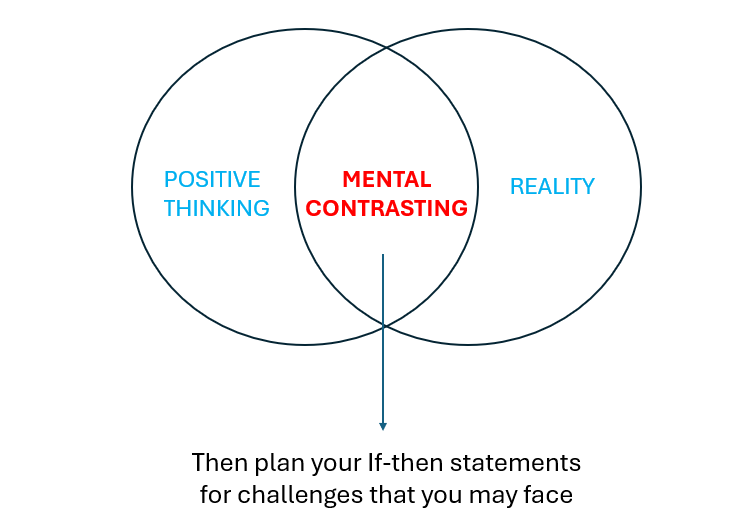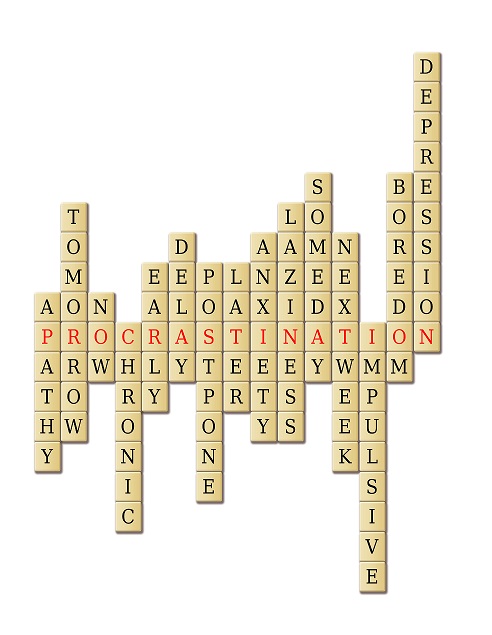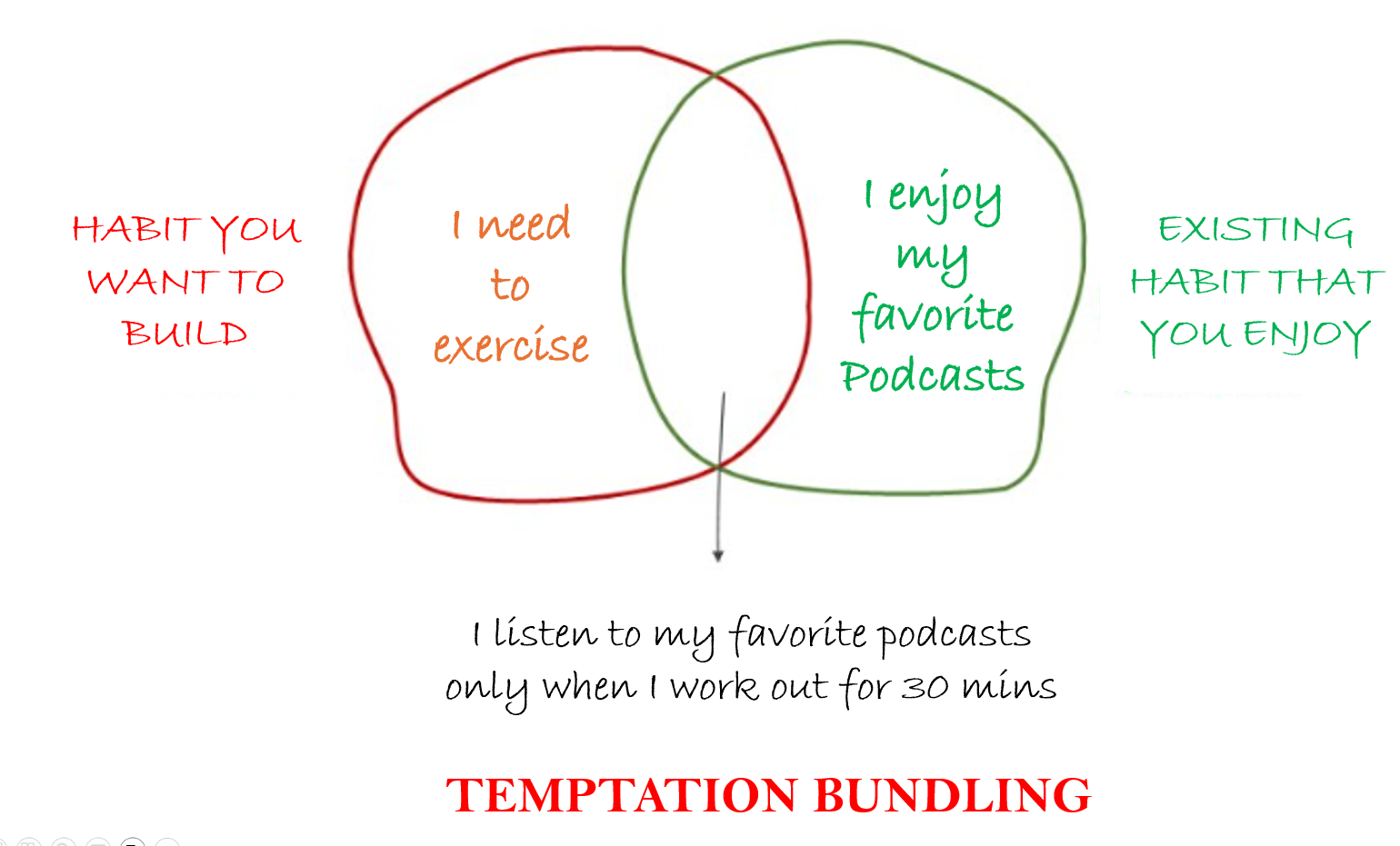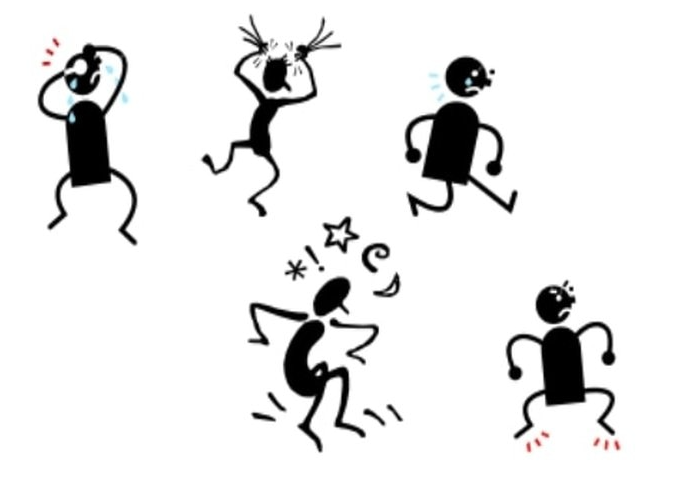- Home
- 7 Steps of Goal Setting
- Procrastination Statistics
Procrastination Statistics Show Procrastination is Increasing
Many of us have procrastinated at some point, but procrastination statistics suggest that it is on the rise.
According to some researchers, procrastination has more than quadrupled in the last 30 years.
 Is procrastination a problem for you?
Is procrastination a problem for you?Here are some numbers:
- In 1978, 5% of the population admitted to being chronic procrastinators compared to roughly 26% of the population today (Steele, 2007).
- Some surveys suggest that 85-95% of students have problems associated with procrastination - and I regularly see procrastination of students at university and employees at work.
When I work with chronic procrastinators, they often know that it is bad for them to procrastinate as it has many negative effects on them and their relationships with others, and despite this they still do it. Now many people believe that being a chronic procrastinator means that they have poor time management or that they are lazy of have some nasty character flaw. This is NOT TRUE!
Procrastination is an emotional regulation problem, and when you understand why you procrastinate, then you can put in place targeted strategies to overcome it.
The impact of rising procrastination statistics
These self-professed procrastinators confess to, amongst other things, not paying their bills on time, missing concert tickets because they left it to the last minute, and leaving Christmas shopping until Christmas Eve.
Impact of procrastination on finances
Procrastination statistics suggest that 40% of people have experienced financial loss due to procrastination (Gura, 2008)
But the real humdinger of this lot, is this old chestnut from 2002, when the total amount in tax over payments caused by procrastination was $473 million in the US alone…That hurts if you are the one paying….rather like the pain of delaying the dentist visit just that much too long.
For a business the cost per year for procrastination is a whacking $10,396 per employee. And these are numbers from 2012.
Impact of procrastination on stress and wellbeing
Procrastination results in putting off getting doctor check-ups or looking after your health.
But perhaps the most poignant piece of research on this topic is this one. When posed the question, to what extent is procrastination having a negative impact on your happiness, of the 2700 responses, 46% said quite a bit or very much. And 18% confessed it was an extreme negative effect.
The University of Windsor in Ontario reported that adult procrastinators had higher stress levels and more acute health problems than individuals who completed their tasks on time.
In one study of university students, procrastinators were more likely to consume more alcohol, sleep less, and eat poorly compared with students who did their work promptly.
Which type of procrastinator are you? Find out here
Impact of procrastination on relationships
Procrastination also has an impact on relationships too.
Why?
Well, by procrastinating on taking the kids to football, or fixing that leaky tap, or mowing the lawn…it means that your partner or family member has to do it. In short, it shifts the burden of responsibilities onto those who are closest to you...and over time this creates resentment.
If you procrastinate on a task at work then this can mean that you are the bottleneck preventing your team from completing that project. If the chronic procrastinator drops the ball, the team either have to pick up the slack or miss the deadline.















New! Comments
Have your say about what you just read! Leave me a comment in the box below.